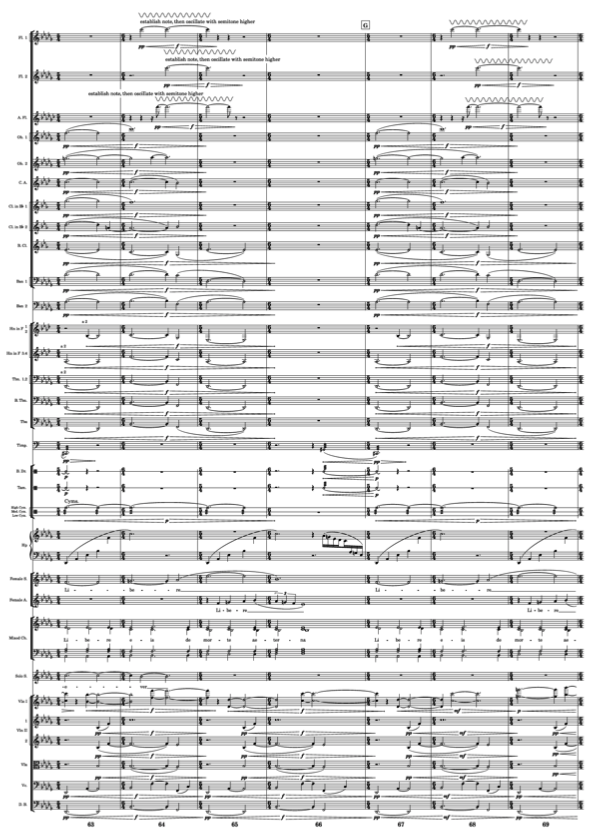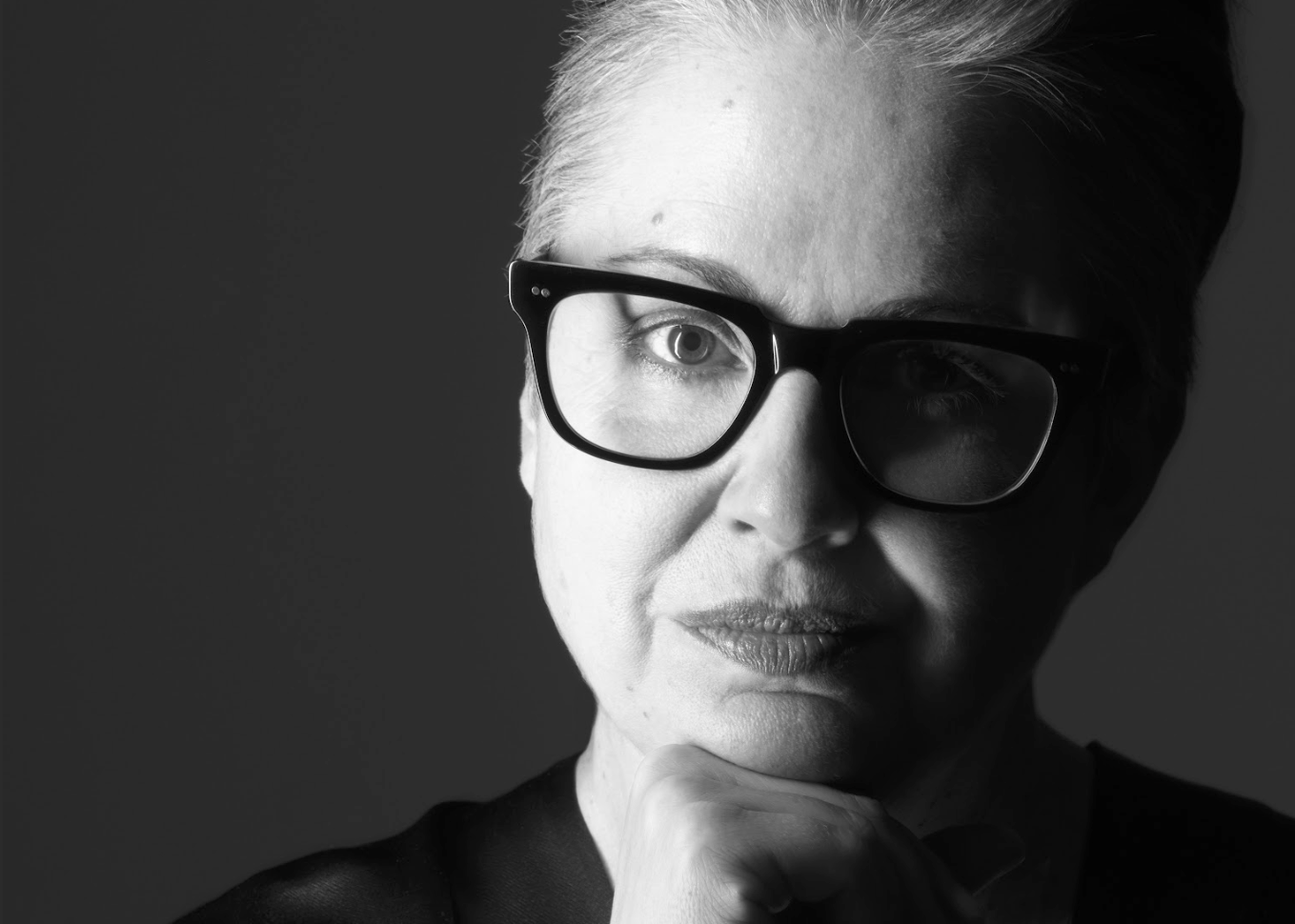Victoria Kelly is a finalist for the 2023 SOUNZ Contemporary Award | Te Tohu Auaha for her work, Requiem.
We caught up with Victoria to find out more about the piece.
The Requiem, with its rich and storied musical tradition, embodies a profound artistic legacy. Could you illuminate your approach to the creation of your own Requiem?
I think my approach to this piece from the outset was to try and find a way to express profound experiences that I had no other language for. When I was 20 and my father died, a Requiem was the biggest musical idea I could think of, to articulate the biggest thing that had ever happened to me. Although I didn’t write this piece until many years later, the seed of it was planted then – and it was the scale of that loss, of subsequent ones, and their impacts on my life over time that brought the piece into being.
In the moments when I thought about the musical and theological traditions inherent in a Requiem - the legacy of the form, and its exemplars - I became instantly overwhelmed. So I tried to steer clear of that. If I’d thought too much about Mozart, Faure, Britten or Harris I would never have written a note.
There were certain things I knew I wanted my Requiem to be – secular being the most important. Faith is so personal and so deeply informed by culture, time and place... I didn’t want to presume anything about faith, on behalf of anybody. I wanted to explore the idea of mortality as something beyond a single cultural worldview, so I turned to nature.
Poetry was the leaping off point for me. It determined the shape and form of the piece. Forming an aura around the poetry are fragments of the one tradition I have any personal experience of – the Latin fragments of the Requiem mass that the choir sings. The words of the mass are taken out of their original context and added to the poetry, to symbolise the myriad ways in which people have tried to contemplate their place in the world.
The word Requiem means ‘rest’. In the Latin Mass, the term refers to rest for the dead. As a living person, I have found that I’m also seeking rest... not from life, but from the grief, fear and uncertainty that go hand in hand with it. Our longing to know - and perhaps even to try and control - whatever it is that stretches beyond the point of our own existence, defines us in so many ways. More than anything, I hoped to create a space in which I felt connected to life, to the world and to other people. That sense of connection to all things is the greatest form of comfort I can imagine.
As you have mentioned, Requiem delves into the poignant realm of human loss and grief. In your perspective, how do you believe music possesses the unique capacity to navigate and articulate this aspect of our human experience?
I think of music as something biologically fundamental to us. We articulate ourselves through music because music has evolved as part of us. So I don’t think we have a choice when it comes to music... it’s inextricably who and what we are. It simply is how we navigate and articulate our human experience.
 Bars 63-69 of movement III: "Where Sea Meets Sky", Requiem.
Bars 63-69 of movement III: "Where Sea Meets Sky", Requiem.
Can you describe how you felt when you heard Requiem performed for the first time?
I know this isn’t a helpful answer, but no. I really can’t. I was utterly overwhelmed.
What has stayed with me is the energy and dedication that was offered by every person and organisation I interacted with as the piece came to fruition, and which felt so visceral on the night… the festival, the orchestra and the choir; the conductor, the choirmaster, the audience, and of course the soloists.
But honestly, there are no words for how I felt.
What does it mean to you to be selected as a finalist for the SOUNZ Contemporary Award this year?
Any of us creating music in Aotearoa are incredibly blessed in so many ways, but challenged in others. It’s a beautiful place to be, there’s a rich realm of creative possibility here, and the people in our environment are generous, inspiring, and supportive. But our population is also small, the arts are persistently undervalued, and career sustainability – which is so crucial to the evolution of our music – is very difficult to achieve.
We’re currently seeing a crisis in our creative environment and disasters unfolding in our tertiary education space, where opportunities to develop music independently of the audience, and build careers that explore and challenge what music is and how it can be expressed in new ways, are threatened because they aren’t commercial. Tertiary institutions that were previously oases for exploration – places steeped in knowledge and experience - are being dismantled because their priorities don’t align with those of commercial business structures. I despair at this. I don’t want to imagine a world where the spectrum of our music is limited by commercial interests. To think that University administrations are complicit in – rather than enraged by - that possibility, is absolutely shocking to me.
Celebrating and recognising creators who sit outside the mainstream - offering a platform for music that isn’t commercial - has always been important. But in the context of where we are now and the challenges we face, it’s so much more important. I’ve always thought of the SOUNZ Contemporary Award as aspirational. I’m incredibly proud to be a finalist alongside Nathaniel and Joshua, as well as to be in the company of every previous finalist – that list is a pantheon of contemporary classical music in New Zealand and I’m struck by imposter syndrome every time I contemplate that. Most of all, being a finalist makes me feel as if I’m contributing to something much bigger than myself, and connected to all of the other creators here who I so admire. I’m extremely grateful for that.
